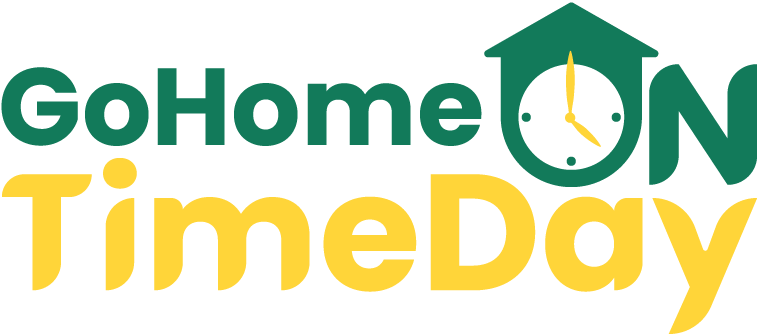Are you prepared to take charge of your social well-being? By establishing and achieving goals in three crucial realms – developing strong relationships, improving our dialogical abilities, and making a positive impact on our community, we can profoundly shape our social health.
Key Takeaways
- Formulating SMART goals, a type of the 7 types of goals, is essential for achieving immediate results in areas like social health.
- Aligning goals with personal values creates a long-term vision for social well-being.
- We need to set personal development goals as they are essential for improving mental and emotional well-being.
- Social goals are crucial for strengthening relationships and enhancing social interactions.
Short-Term Goals: Achieving Immediate Results

When striving for immediate results, it’s essential to set SMART goals and break them down into actionable steps. This method can help you achieve by breaking larger, long-term goals into manageable steps, and maintaining momentum as we work towards our ultimate objectives.
For example, if our long-term goal is to build and maintain meaningful relationships, we can set short-term goals to spend quality time with loved ones or reach out to make new connections.
To fetch immediate results and achieve these short-term goals, we should set a goal with a clear plan of action. This plan can include scheduling regular family dinners or planning outings with friends.
Long-Term Goals: Creating a Vision for the Future

Long-term goals are the big-picture goals that we strive to achieve over a significant period. These goals go beyond immediate results and require dedication, perseverance, and a clear vision of what we want to accomplish.
We can illustrate the concept of different types of goals by looking at the difference between outcome goals and process goals.
| Outcome Goals | Process Goals |
|---|---|
| Focus on the result | Focus on the actions and behaviors required to set a goal and achieve it. |
| Example: Running a marathon | Example of one of the three types of goals: Training consistently and following a proper diet to achieve a health goal. |
When setting long-term goals, a certain lifetime goal might be one, it’s important to use the SMART criteria and stay motivated and resilient.
Achievement of life goals, spiritual goals, or any other kind of goals can be realized by fragmenting our big goal into tinier milestones and acknowledging our progress in each stride.
Personal Development Goals: Improving Mental and Emotional Well-being

Formulating personal goals like career goals, financial goals or business goals are necessary for realizing personal growth and self-improvement, and here are some tips for setting such goals.
By identifying areas in our lives that need improvement, for example, setting a learning goal, we can take proactive steps towards improving our mental and emotional well-being.
The concept of goal setting, such as the 7 types of goals, allows us to formulate a roadmap for our self-development journey. This process may encompass gaining a new skill, practicing self-care, or building healthy coping mechanisms with a goal like promoting emotional wellness.
Achieving personal development goals you set, such as a learning goal, requires dedication and perseverance. It’s important to break down our goals into smaller, manageable steps to ensure progress and prevent overwhelm.
Social Goals: Strengthening Relationships and Building Support Systems

To build strong relationships and promote robust support systems, it’s pivotal to concentrate on crafting healthy and fulfilling associations with others, as is similar to setting a specific goal. Setting social goals can help you achieve better relationships.
These goals can be performance goals, which involve specific actions or behaviors we can work on to enhance our social interactions. Alternatively, they can be outcome goals, which focus on the desired result or outcome of our interactions.
Embracing Goal Setting as a Powerful Tool for Personal Development

Setting goals is a transformative tool for personal development. Setting different types of goals provides clarity and direction, motivates growth, promotes accountability and progress, and enables integration and balance.
By setting personal development goals, we can align our actions and decisions with our aspirations, leading to a more fulfilling and purposeful life.
Conclusion
By setting and achieving goals in the areas of building meaningful relationships, enhancing communication skills, and contributing to our community, we can greatly improve our social wellness and achieve our career goals.
This journey towards setting a lifetime goal related to our social well-being isn’t only for ourselves but also those around us. So let’s embrace the power of goal setting, which can include career goals, learning goals, and financial goals, and work together to create a more fulfilling and connected world.
Frequently Asked Questions
What are the 3 types of goals?
The three main types of goals are outcome goals, performance goals, and process goals.
What is an outcome goal?
An outcome goal is the desired result or outcome that one wants to achieve. The focus is primarily on achieving your goals, where the result matters most.
What are performance goals?
Performance goals are specific targets and standards that one sets to achieve a particular outcome. They are focused on improving individual performance.
What are process goals?
Process goals include the actions, behaviors, or steps that one needs to take to achieve the desired outcome, like a financial goal. They focus on the process of reaching the larger goals.
How can I set specific and measurable goals?
When setting goals, make sure they are specific and measurable. Specifically outlining what you aspire to achieve, like a business goal or a specific goal, and setting standards for monitoring your progression contribute towards effective goal management.

